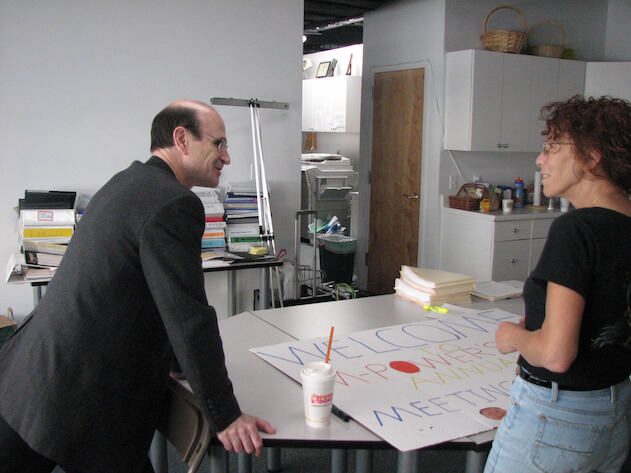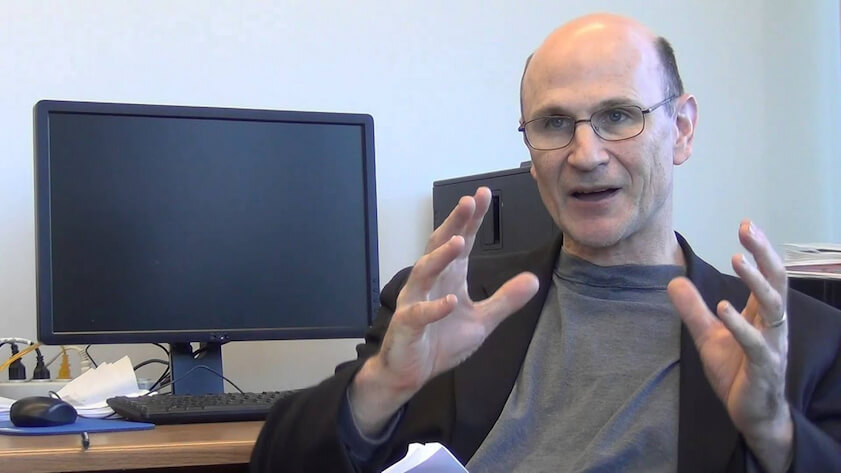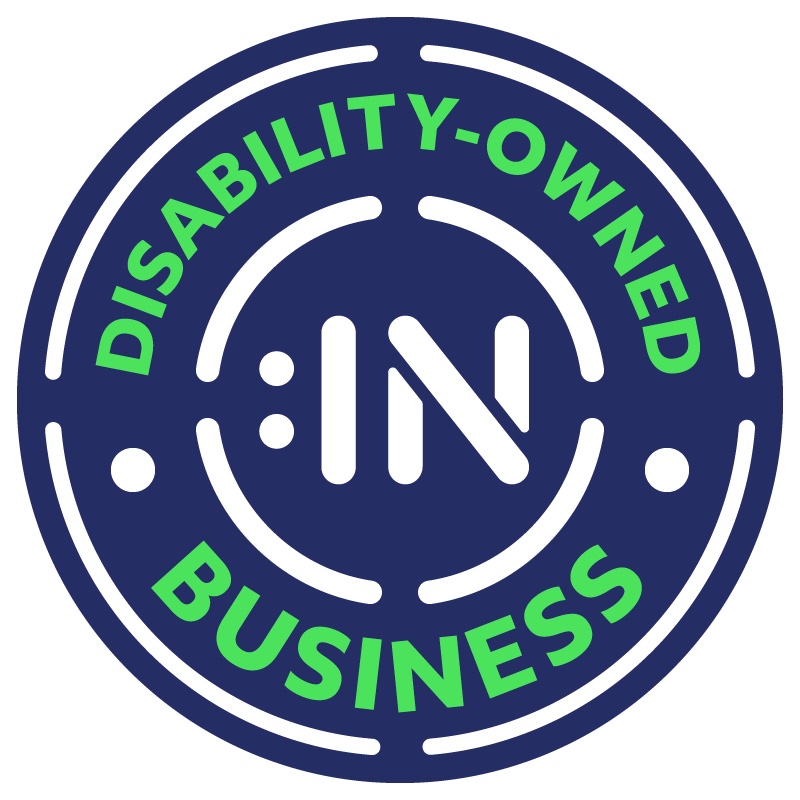About Us
BHRS Philosophy
Our philosophy is that all health research and evaluation should be relevant to the needs of community stakeholders and used directly to improve the lives of people with behavioral health conditions. Our goal is to build systems and processes that maximize the production of relevant, useful, and actionable behavioral health data and reports.
A primary method we use to reach this goal is to actively engage stakeholders, including people with mental and addiction disorders, in the entire research/evaluation process. The need is very present because institutional researchers have done a poor job of collecting and assessing research data in a way that improves community health literacy, treatment, and living conditions.


Staff
Jonathan Delman, PhD, JD is a researcher, evaluator and developer who currently focuses his work on inequities faced by people with serious behavioral health conditions. He has been a leader and innovator in developing the mental health Participatory Action Research field for over 20 years, aiming to build infrastructure to actively include these population in conducting research toward identifying actionable findings, practice/policy implications, and recommendations.
In addition, Dr. Delman is a visiting investigator at Langston University guiding research on vocational disparities for marginalized people with mental illness and an Adjunct Research Professor at the University of Massachusetts Medical School. At UMass he helped found and now consults for their Transition to Adulthood Research Center, having developed their young adult participatory action research capacity and technical assistance strategy. Prior to that he founded and ran for 12 years Consumer Quality Initiatives, an award-winning non-profit research and evaluation organization directed and staffed by people with behavioral health conditions.
Dr. Delman’s collaborative research work with young adults in the early 2000s and beyond identified significant mental health service gaps and made recommendations that guided Massachusetts and federal government’s development of youth driven programs. For this effort and his own battle to overcome his mental illness, in 2008 Dr. Delman received a Robert Wood Johnson Leadership award/grant, one of ten awarded nationally. And in 2018 Dr. Delman was awarded a Switzer distinguished fellowship award by the National Institute on Disability, Independent Living, and Rehabilitation Research (NIDILRR) to study the vocational needs and preferences of Black young adults with mental illnesses (See Delman, J., & Adams, L. B. (2022). Barriers to and facilitators of vocational development for Black young adults with serious mental illnesses. Psychiatric Rehabilitation Journal, 45(1), 1–10.)).
Disability-Owned Business Enterprise [DOBE]
BHRS has recently been certified as a Disability-Owned Business Enterprise (DOBE) through Disability:IN™, a national non-profit helping businesses drive performance by leveraging disability inclusion in the workplace, supply chain, and marketplace. To qualify for national certification for disability business ownership, businesses must show at least 51% ownership, management, and control by individuals with disabilities as defined by the Americans with Disabilities Act.
As Dr. Delman notes:
I am close to the topic of mental illness and health care because after graduating law school (1984) I developed serious bipolar disorder, with 6 hospitalizations, recuperation in a halfway house, and on Social Security Disability for 8 years. Once I was ready, I could not get a legal job because I was known for having a mental illness. But as noted above, I found my way as a researcher and evaluator, and led a highly regarded and innovative organization for 12 years.


Social Enterprise- Connecting To The Community And Mentoring
Our work puts us in touch with community stakeholders toward generating reports and
recommendations for improved behavioral health care. For us these are the “communities” people with mental illnesses and addictions and cultures that reside within. We can connect with those communities because we are empathetic, good listeners, and share lived experience of serious mental illnesss. We are thus able to demonstrate for them that we support and help act on their unrestrained voices
Dr. Delman also builds community connections by volunteering for groups addressing mental illness and racial/ethnic disparities, such as helping them to write grants and evaluate programs. And we join community committees such as the board of the National Alliance of Mental Illness in Massachusetts and the vocational subcommittee of the Massachusetts State mental health Planning Council.